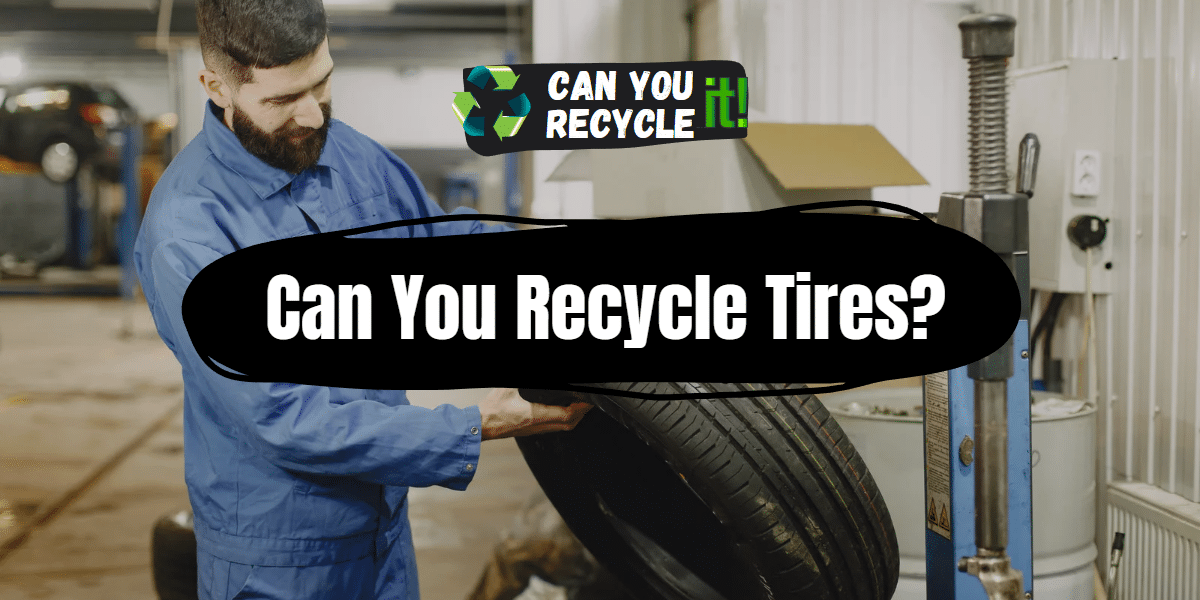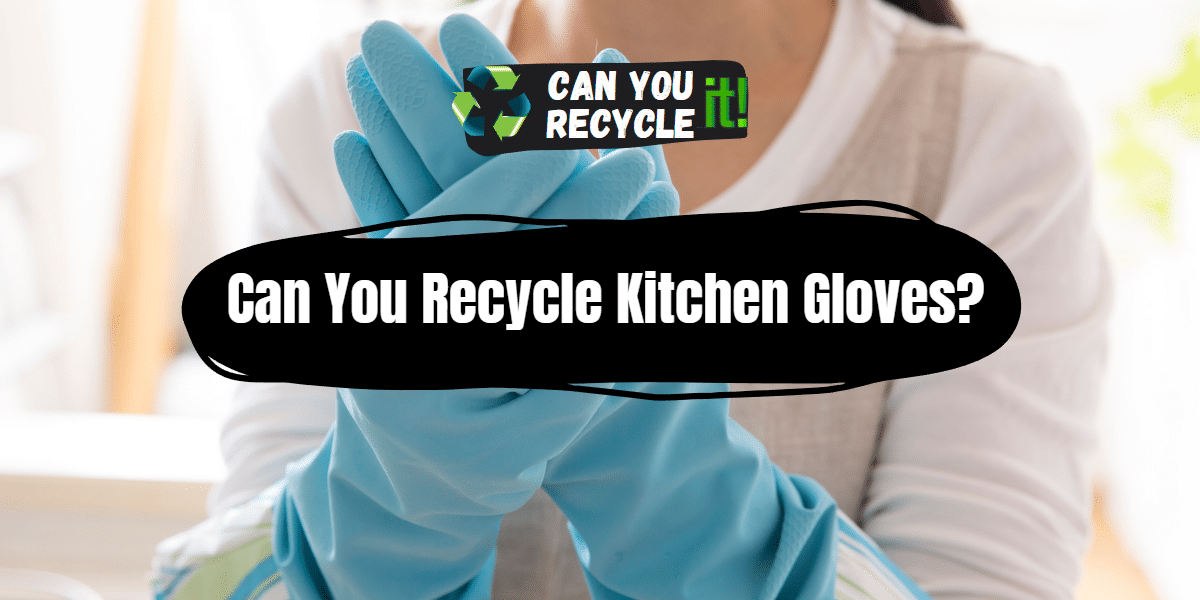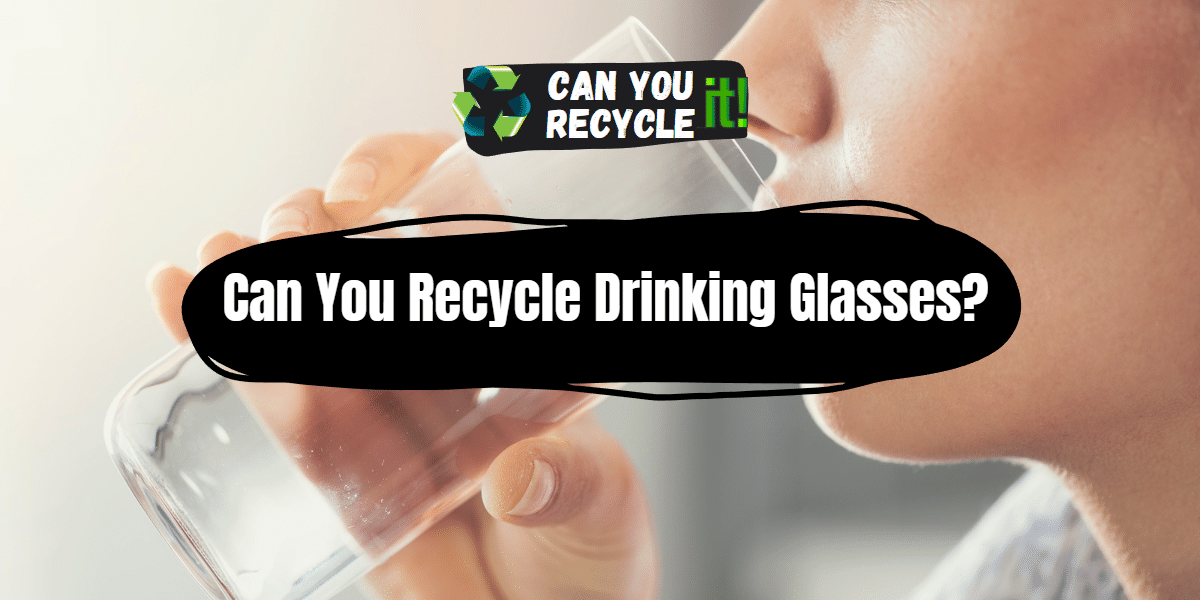Yes, tires can be recycled as whole tires, split into halves using machines, or shredded to create ground rubber, crumb rubber, and other materials. Around 7% of recycled tires are exported, 8% are repurposed, and 40% are used as fuel.
In this article, we will explore the dos and don’ts of tire recycling, provide a step-by-step guide to help you recycle tires effectively, discuss alternative options for tires that cannot be recycled, examine the environmental impact of recycling tires, address some frequently asked questions, and conclude with final thoughts on the topic.
Table of Contents
Do’s and Don’ts
Before we delve into the step-by-step guide for tire recycling, it’s essential to understand some dos and don’ts in this process.
Dos
- Research local recycling options: Research the recycling facilities in your area that accept tires. Look for specialized tire recycling centers or programs that ensure proper disposal and recycling.
- Check with tire retailers: Some tire retailers offer tire recycling services or have partnerships with recycling centers. Inquire if they have a take-back program or recommendations for recycling old tires.
- Reuse or repurpose: If your tires are still in good condition, consider reusing or repurposing them. They can be used for DIY projects like planters, swings, or fitness equipment.
Don’ts
- Dump or burn tires: It is essential to avoid dumping or burning tires, as these practices can lead to environmental pollution and health hazards. Improper disposal of tires can have severe consequences on ecosystems and human well-being.
- Use tires as landfill: Tires should not be used as fill material in landfills. They can trap gases, pose fire risks, and create structural instability in landfill sites.
5-Step Guide to Recycle Tires
Now, let’s walk through a 5-step guide to help you recycle tires effectively:
Step 1
Research local regulations: Familiarize yourself with the local regulations and guidelines regarding tire recycling. Some areas have specific laws or requirements for tire disposal and recycling.
Step 2
Contact recycling facilities: Contact local recycling facilities to inquire about their tire recycling programs. Ask about their acceptance criteria, any preparation needed, and drop-off locations.
Step 3
Prepare the tires: Before recycling, remove any rims, valves, or weights from the tires. These components are typically non-recyclable and need to be disposed of separately.
Step 4
Arrange for transportation: If you have a significant number of tires to recycle, consider arranging transportation to the recycling facility. Many centers offer complimentary pick-up services or may have designated collection events.
Step 5
Recycle the tires: Deliver them to the designated recycling facility or follow their instructions for drop-off. Ensure that you comply with any specific guidelines they provide for handling and transportation.
What to Do with Tires That Cannot Be Recycled
While recycling is the preferred option for tires, there may be instances where certain tires cannot be recycled. In such cases, consider the following alternatives:
- Retread or repair: If the tires are still in decent condition, explore the possibility of retreading or repairing them. This can extend their lifespan and reduce the need for new tire production.
- Contact waste management authorities: Contact your local waste management authorities to inquire about appropriate disposal options for non-recyclable tires. They may guide safe and responsible disposal methods.
- Seek out tire-derived products: Some industries use shredded or crumb rubber from tires to create new products like playground surfaces, athletic tracks, or rubberized asphalt. Research if there are any local markets for these applications.
Environmental Impact of Recycling Tires
Recycling tires have a significant positive impact on the environment. Here are some key environmental benefits:
- Conservation of resources: Recycling tires reduces the demand for raw materials needed in tire manufacturing, such as rubber and oil. This helps conserve natural resources and reduces energy consumption.
- Prevention of pollution: Improperly disposed tires can become breeding grounds for mosquitoes and rodents or serve as fire hazards. Recycling helps prevent such environmental and health risks associated with tire waste.
- Reduction of landfill space: By recycling tires, we can alleviate the strain on landfills, which are already burdened with various types of waste. This frees up space and reduces the need for expanding landfill sites.
Recycling plastic mailing bags can positively impact our environment and contribute to a more sustainable future.
FAQs for Can You Recycle Tires
Can all types of tires be recycled?
While most types of tires can be recycled, it’s essential to check with local recycling facilities for their specific acceptance criteria. Some facilities may have tire size, condition, or composition limitations.
How are tires recycled?
Tire recycling involves a multi-step process. Tires are typically shredded into smaller pieces, and various components like rubber, steel, and fibers are separated. These materials are then used to create new products or are incorporated into other industries.
What are the benefits of tire-derived products?
Tire-derived products, such as rubberized asphalt or playground surfaces, offer several advantages. They provide cushioning, reduce noise, and are durable. Using recycled tire materials in these applications also reduces the need for virgin resources.
Conclusion and final thoughts 💭
While the recycling of tires is not as straightforward as some other materials, it is indeed possible and highly encouraged. By following the dos and don’ts, utilizing the 5-step guide, exploring alternative options for tires that cannot be recycled, and understanding the environmental impact, we can all contribute to a cleaner and more sustainable future. Let’s take action and responsibly manage our tire waste to benefit our planet and communities.





Leave a Reply